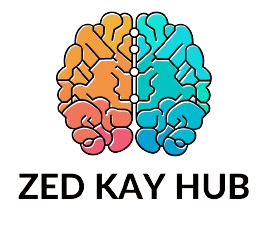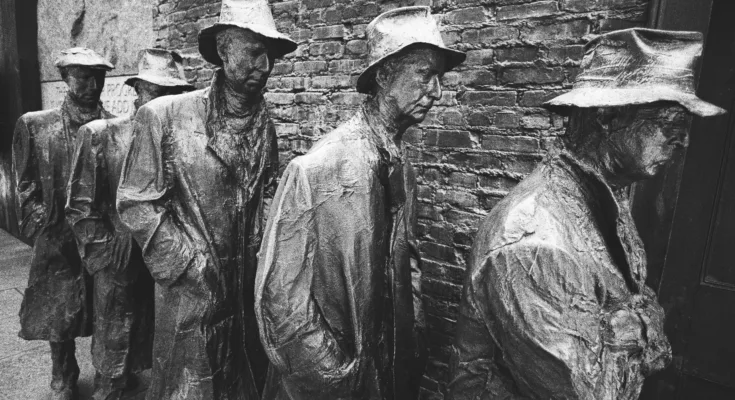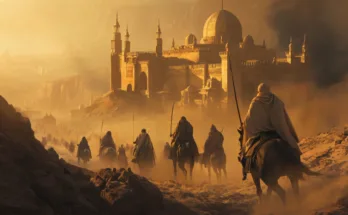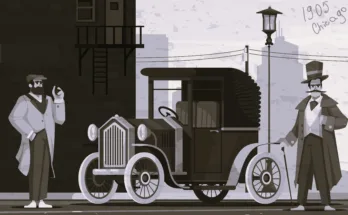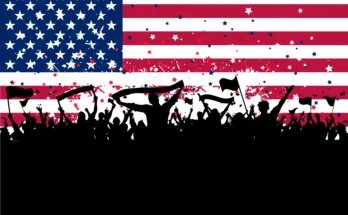The Great Depression was one of the most devastating world economic depressions that occurred during the 1930s. It is regarded as one of the greatest financial crises in the modern era that has affected millions of people around the world.
Causes of the Great Depression
Stock Market Crash of 1929
The Great Depression is commonly related to the Wall Street crash of 1929 that heralded the onset of the economic recession. This financial disaster caused major losses in the wealth of investors and businesses, thereby setting off a chain effect of precariousness in the discipline of finance.
Bank Failures
In the period of the Depression, thousands of banks failed because of a couple of reasons, for instance, bad investment, no control, and mass madness of depositors. The desintegration of banks compounded the economic condition further, thus reducing the confidence among consumers and spending.
Impact on Society
Unemployment
However, one of the most severe effects of the Great Depression was vast unemployment. Businesses shut down or cut down on their workforce lost many people their jobs. The numbers of unemployed people increased leaving families unable to meet their basic needs.
Poverty
As a result of the Depression, many families fell into poverty as this caused them to be incapable of buying basic needs such as food, shelter, and health care. Poverty increased exponentially such that people became homeless, suffered malnutrition, and did not receive social services in an adequate manner.
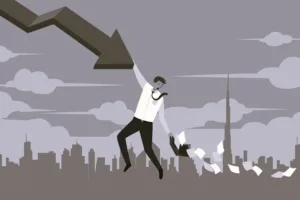
Government Response
New Deal Programs
To address the economic collapse, President Franklin D. Roosevelt enacted a number of New Deal programs to provide relief, revive, and reform. These endeavors entailed public work programs, social support programs, and economic regulations to strengthen the economy and relieve the burden.
Economic Policies
The government also adopted a number of economic measures aimed at promoting growth and rebirth of the confidence within the financial system. Certain measures including monetary expansion, fiscal stimulus, and banking reforms were put into place to alleviate the underpinnings of the economic downturn and to stimulate the revival.
Cultural Impact
Art and Literature
Art and literature felt the impact of the Great Depression as well; it made artists and writers reflect on the experiences of the people of that era. A number of art and literary pieces represent the struggle of common people in terms of social issues and economics.
Entertainment Industry
During the Great Depression, the entertainment industry prospered despite the economic problems. Movies, radio shows and others forms of entertainment served as an escape from miseries and offered fleeting moments of delight and relief.
Global Effects
Worldwide Economic Downturn
The effects of the Great Depression were felt throughout the world, as economies linking trough trade and finance collapsed due to lower demand and deflating prices. International trade fell sharply, deepening the economic crisis and lengthening the time of recovery.
Political Consequences
The political impact of the Great Depression was just as profound as its economic consequences; in many countries, it gave birth to authoritarian governments and nationalist movements. Social unrest, political instability and relief for the economic crisis restructured the political system of the 1930s.
Recovery and Lessons Learned
Slow Economic Recovery
However, while the Great Depression was over, recovery was sluggish and sporadic. Since it took decades for the devastating effects of the Depression to subside, economies continued to suffer from high unemployment and severe economic distress until long after 1940.
Financial Regulations
One of the long-lasting results of the Great Depression was financial rules created to avoid another crisis like that one. Deposit insurance, securities regulation, and monetary policy tools were implemented to promote the protection of the soundness of the financial system.
Conclusion
The Great Depression marked the international history of this century and redefined economies as well as societies and politics on a global scale. Its impact upon our understanding of economics, the role of government intervention, as well as the significance of social welfare systems during critical times can be described as pertinent and constantly relevant.

FAQs
Q: What caused the Great Depression?
A: All these- stock market crash of 1929, bank failures, and a decrease in purchasing power led to the Great Depression.
Q: How long was the Great Depression?
A: The Great Depression persisted for almost a decade from 1929 until the late 1930s, although they continued long after that.
Q: Did the Great Depression impact other countries?
A: Yes, the effects of the Great Depression were felt on a global scale manifested in economic slowdowns and political unrest in countries all over the world.
Q: What were the New Deal programs?
A: The New Deal programs included a set of relief measures by President Franklin D. Roosevelt to solve the problems of relief, recovery, and reform during the Great Depression.
Q: What were the lessons from the Great Depression?
A: Financial regulations and social welfare programmers were instituted as a result of the Great Depression to prevent further economic crises and to soften the blows.
